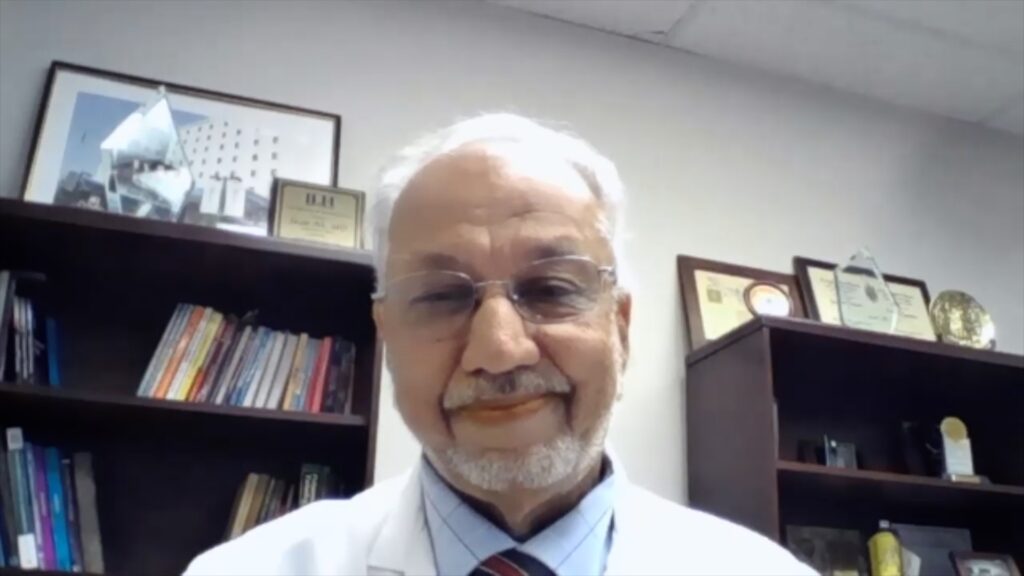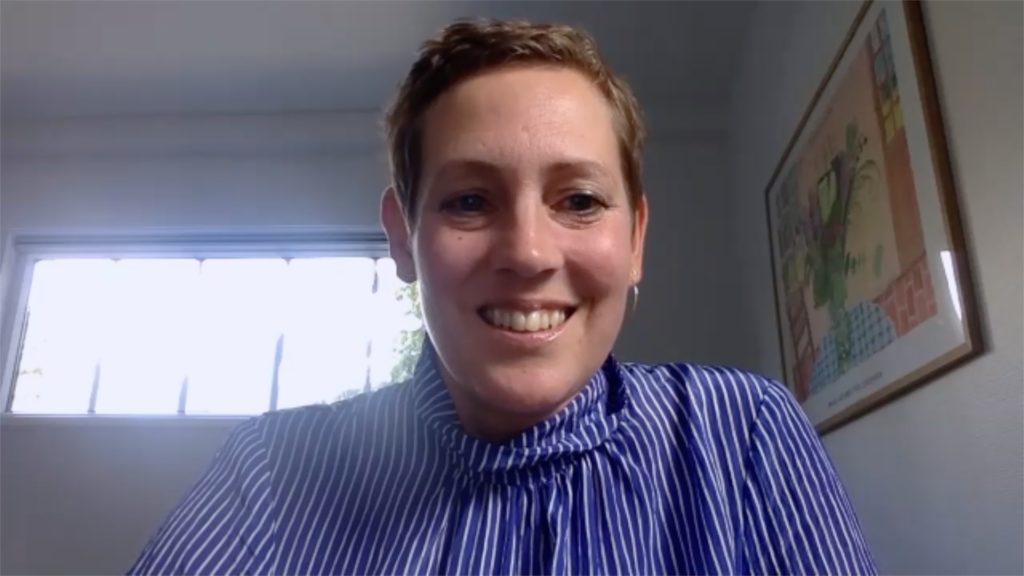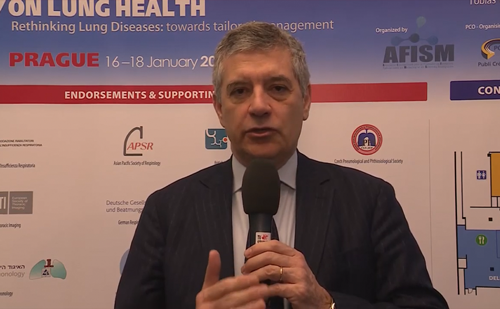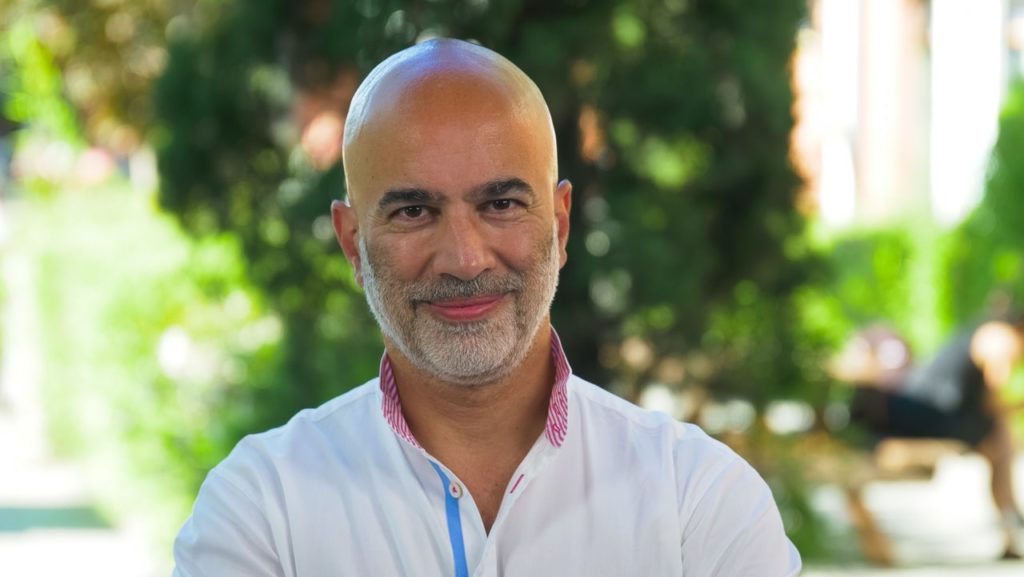 Dr Hannah Schiff, Senior Clinical Lecturer and Consultant in Respiratory Medicine at the University of Southampton, is advancing the frontiers of tuberculosis (TB) research through innovative approaches in diagnostics. With a background in natural sciences and medicine, she combines a long-standing interest in infectious diseases with expertise in respiratory medicine. Her current focus on proteomics reflects a drive to develop rapid, accessible TB diagnostics with real-world impact, especially in high-burden, resource-limited settings.
Dr Hannah Schiff, Senior Clinical Lecturer and Consultant in Respiratory Medicine at the University of Southampton, is advancing the frontiers of tuberculosis (TB) research through innovative approaches in diagnostics. With a background in natural sciences and medicine, she combines a long-standing interest in infectious diseases with expertise in respiratory medicine. Her current focus on proteomics reflects a drive to develop rapid, accessible TB diagnostics with real-world impact, especially in high-burden, resource-limited settings.
In this Future Leaders interview, Dr Schiff discusses how proteomic technologies are reshaping TB diagnostics, uncovering new biomarkers and biological insights through large-scale data analysis, and the challenges and rewards of balancing clinical work, research, and education.
Q. What first drew you to focus on respiratory infections and TB?
I have been interested in infectious diseases since my undergraduate degree in Natural Sciences, where I was particularly interested in the body’s immune response to infection in addition to infectious diseases that could cause global pandemics. During my subsequent medical degree, I developed an interest in the anatomy and physiology of the respiratory system, gaining insight into the lung’s role as a vital site for the body’s interaction with infectious pathogens, and how this manifests clinically and radiologically. During my clinical respiratory training in Southampton, I became interested in diagnostics, and I was inspired by working with leading, clinical academics in a centre renowned for respiratory research. This led to the opportunity to study diagnostics in TB.
Q. How is proteomics transforming diagnostics in pulmonary TB research?
Proteins are the end effectors of disease and proteomic technologies are enabling the discovery of new protein biomarkers in body fluids like blood, urine and sputum. Diagnostic combinations that could achieve high accuracy, while using a rapid, cheap and easy-to-use test could enable earlier detection of transmissible pulmonary TB, particularly in lower resourced countries which suffer high disease burden.
Q. What excites you most about your current biomarker research project?
In addition to discovering new diagnostic markers that are potentially translatable for patient benefit, I am excited to explore how the analysis of large datasets may lead to new biological insights into TB disease, and how TB disease is reflected in the plasma proteome.
Q. How do you balance clinical duties, research, and medical education?
This is a challenge! I am finding that it is as much about managing my energy as my time, alongside setting clear and realistic priorities and objectives. I enjoy working as part of a varied team and I really believe that by working together in a team, far more can be achieved than by working alone.
Q. What advice would you give to early-career clinicians interested in academic medicine?
Follow your interests and explore what research projects are taking place at your institution. Talk to clinical academics about their research. Academic medicine takes many forms and by being interested, inquisitive and persistent, research opportunities will arise and unexpected doors may open.
Further content in respiratory infections.
Cite: Hannah Schiff. Harnessing Proteomics to Transform Tuberculosis Diagnostics: a Q&A with Future Leader, Hannah Schiff. touchRESPIRATORY. 15 July 2025.
Editor: Victoria Smith, Senior Content Editor.
Disclosures: This short article was prepared by touchRESPIRATORY in collaboration with Hannah Schiff. touchRESPIRATORY utilize AI as an editorial tool (ChatGPT (GPT-4o) [Large language model]. https://chat.openai.com/chat.) The content was developed and edited by human editors. No fees or funding were associated with its publication.
Hannah Schiff discloses receiving grant/research support from the Medical Research Council (MRC) and the NIHR Academy of Medical Sciences.
Register now to receive the touchRESPIRATORY newsletter!
Don’t miss out on hearing about our latest peer reviewed articles, expert opinions, conference news, podcasts and more.













